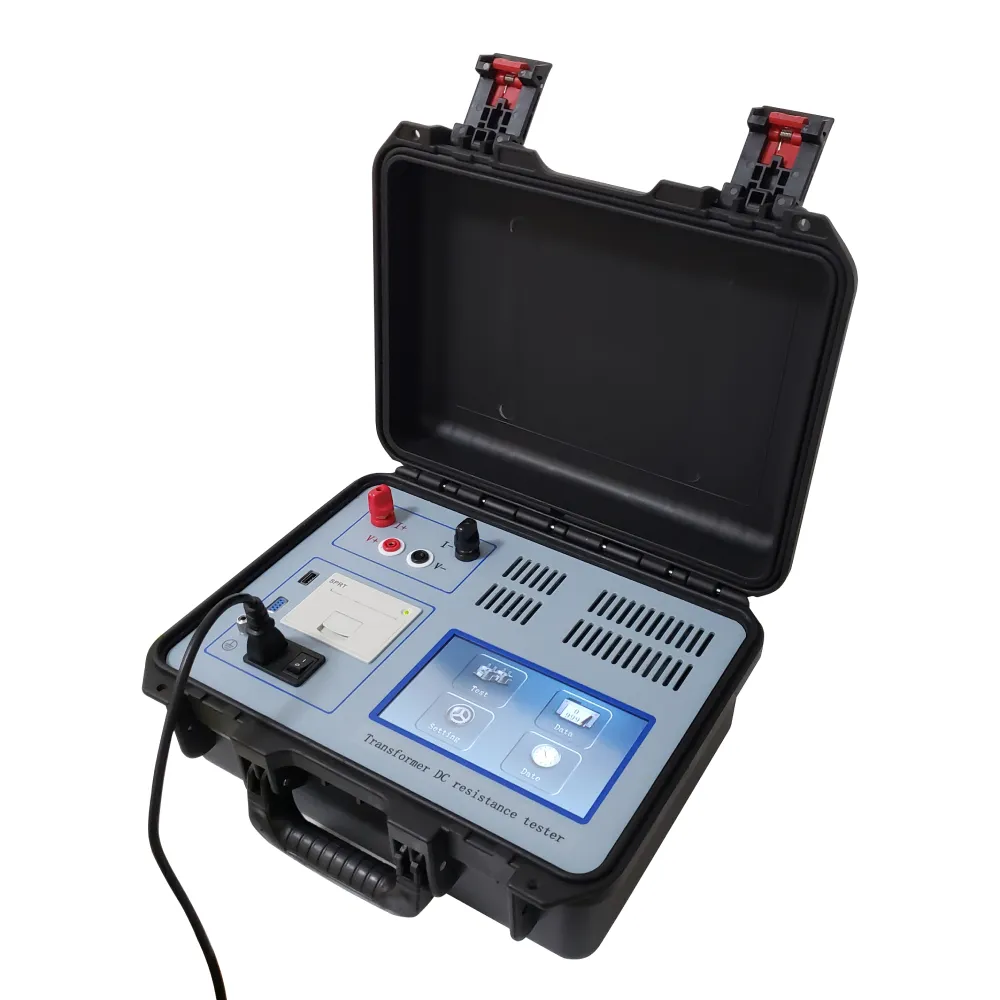 English
English



-
 Afrikaans
Afrikaans -
 Albanian
Albanian -
 Amharic
Amharic -
 Arabic
Arabic -
 Armenian
Armenian -
 Azerbaijani
Azerbaijani -
 Basque
Basque -
 Belarusian
Belarusian -
 Bengali
Bengali -
 Bosnian
Bosnian -
 Bulgarian
Bulgarian -
 Catalan
Catalan -
 Cebuano
Cebuano -
 China
China -
 China (Taiwan)
China (Taiwan) -
 Corsican
Corsican -
 Croatian
Croatian -
 Czech
Czech -
 Danish
Danish -
 Dutch
Dutch -
 English
English -
 Esperanto
Esperanto -
 Estonian
Estonian -
 Finnish
Finnish -
 French
French -
 Frisian
Frisian -
 Galician
Galician -
 Georgian
Georgian -
 German
German -
 Greek
Greek -
 Gujarati
Gujarati -
 Haitian Creole
Haitian Creole -
 hausa
hausa -
 hawaiian
hawaiian -
 Hebrew
Hebrew -
 Hindi
Hindi -
 Miao
Miao -
 Hungarian
Hungarian -
 Icelandic
Icelandic -
 igbo
igbo -
 Indonesian
Indonesian -
 irish
irish -
 Italian
Italian -
 Japanese
Japanese -
 Javanese
Javanese -
 Kannada
Kannada -
 kazakh
kazakh -
 Khmer
Khmer -
 Rwandese
Rwandese -
 Korean
Korean -
 Kurdish
Kurdish -
 Kyrgyz
Kyrgyz -
 Lao
Lao -
 Latin
Latin -
 Latvian
Latvian -
 Lithuanian
Lithuanian -
 Luxembourgish
Luxembourgish -
 Macedonian
Macedonian -
 Malgashi
Malgashi -
 Malay
Malay -
 Malayalam
Malayalam -
 Maltese
Maltese -
 Maori
Maori -
 Marathi
Marathi -
 Mongolian
Mongolian -
 Myanmar
Myanmar -
 Nepali
Nepali -
 Norwegian
Norwegian -
 Norwegian
Norwegian -
 Occitan
Occitan -
 Pashto
Pashto -
 Persian
Persian -
 Polish
Polish -
 Portuguese
Portuguese -
 Punjabi
Punjabi -
 Romanian
Romanian -
 Russian
Russian -
 Samoan
Samoan -
 Scottish Gaelic
Scottish Gaelic -
 Serbian
Serbian -
 Sesotho
Sesotho -
 Shona
Shona -
 Sindhi
Sindhi -
 Sinhala
Sinhala -
 Slovak
Slovak -
 Slovenian
Slovenian -
 Somali
Somali -
 Spanish
Spanish -
 Sundanese
Sundanese -
 Swahili
Swahili -
 Swedish
Swedish -
 Tagalog
Tagalog -
 Tajik
Tajik -
 Tamil
Tamil -
 Tatar
Tatar -
 Telugu
Telugu -
 Thai
Thai -
 Turkish
Turkish -
 Turkmen
Turkmen -
 Ukrainian
Ukrainian -
 Urdu
Urdu -
 Uighur
Uighur -
 Uzbek
Uzbek -
 Vietnamese
Vietnamese -
 Welsh
Welsh -
 Bantu
Bantu -
 Yiddish
Yiddish -
 Yoruba
Yoruba -
 Zulu
Zulu
gas chromatography mass spectrometry gc ms
Gas Chromatography-Mass Spectrometry (GC-MS) An Overview
Gas chromatography-mass spectrometry (GC-MS) is a powerful analytical technique that combines the separation capabilities of gas chromatography with the detection and identification capabilities of mass spectrometry. This technique has gained prominence across various fields, including environmental analysis, pharmaceuticals, food safety, and forensic science. The combination of these two methodologies allows for the analysis of complex mixtures with high sensitivity and specificity.
Principle of GC-MS
GC-MS operates on two fundamental processes gas chromatography (GC) and mass spectrometry (MS). In the first stage, gas chromatography separates the individual components of a sample. The sample, in a vaporized form, is injected into the chromatograph, where it passes through a column filled with a stationary phase. Different compounds in the sample interact differently with the stationary phase, leading to their separation as they move through the column. This results in the elution of compounds at different times, known as retention times.
Once separated, the compounds enter the mass spectrometer for identification and quantification. A mass spectrometer ionizes the molecules, generating charged particles (ions). These ions are then accelerated, sorted based on their mass-to-charge ratio (m/z), and detected. The data is translated into a mass spectrum, a graphical representation that displays the abundance of detected ions against their m/z values. The resulting mass spectra provide unique fingerprints for the different compounds, allowing for their identification and concentration quantification.
Applications of GC-MS
1. Environmental Analysis GC-MS is extensively used for analyzing environmental samples, such as air, soil, and water. It can detect pollutants, pesticides, and volatile organic compounds (VOCs) at very low concentrations, making it invaluable for environmental monitoring and compliance assessments.
2. Pharmaceuticals In the pharmaceutical industry, GC-MS is employed for drug testing, quality control, and the development of new drugs. Its ability to separate and identify small molecules ensures the integrity and efficacy of pharmaceutical products.
gas chromatography mass spectrometry gc ms

3. Food Safety The food industry uses GC-MS to detect contaminants, additives, and residues in food products. This analysis helps in ensuring the safety and compliance of food items with government regulations.
4. Forensic Science In forensic investigations, GC-MS plays a crucial role in toxicology and the identification of substances in bodily fluids and tissues. It can identify drugs, poisons, and other substances, providing valuable evidence in legal cases.
Advantages of GC-MS
GC-MS offers numerous advantages. Its high sensitivity allows for the detection of compounds at trace levels, which is critical in many analytical applications. The technique is also highly specific, reducing the likelihood of false positives. Additionally, GC-MS can analyze a wide range of compounds, including volatile and semi-volatile substances, which enhances its versatility in various fields.
Challenges and Limitations
Despite its advantages, GC-MS has limitations. It requires samples to be volatilized, which precludes the analysis of high-boiling or thermally unstable compounds. Additionally, sample preparation can be time-consuming and may introduce contamination. There is also a need for skilled personnel to operate the equipment and interpret the data accurately.
Conclusion
Gas chromatography-mass spectrometry is a powerful analytical tool that has revolutionized the way complex mixtures are analyzed across multiple disciplines. Its ability to separate, identify, and quantify compounds with high sensitivity and specificity makes it an indispensable technique in modern analytical laboratories. As technology continues to advance, it is expected that GC-MS will evolve further, enhancing its capabilities and applications in science and industry. Whether in monitoring environmental pollutants, ensuring food safety, or aiding forensic investigations, GC-MS stands at the frontier of analytical chemistry, contributing significantly to our understanding of complex chemical landscapes.
-
Using Distillation Range Testers in the Food and Beverage IndustryNewsApr.16,2025
-
The Impact of IoT on Distillation Range Tester PerformanceNewsApr.16,2025
-
The Best Distillation Range Testers for Extreme ConditionsNewsApr.16,2025
-
How Distillation Range Testers Save Time and MoneyNewsApr.16,2025
-
Distillation Devices for Advanced Separation TechniquesNewsApr.16,2025
-
Common Mistakes to Avoid When Using a Distillation Range TesterNewsApr.16,2025



